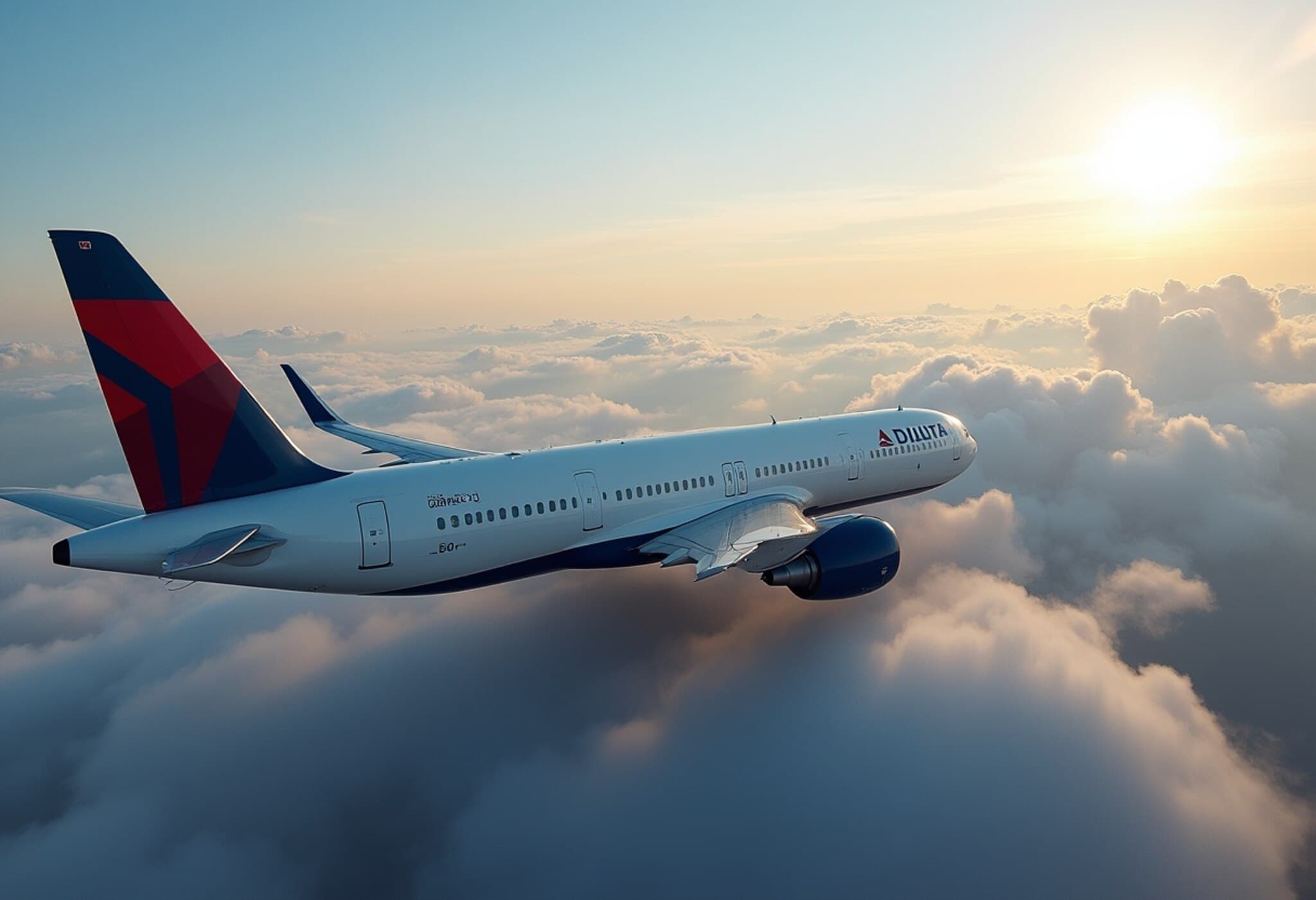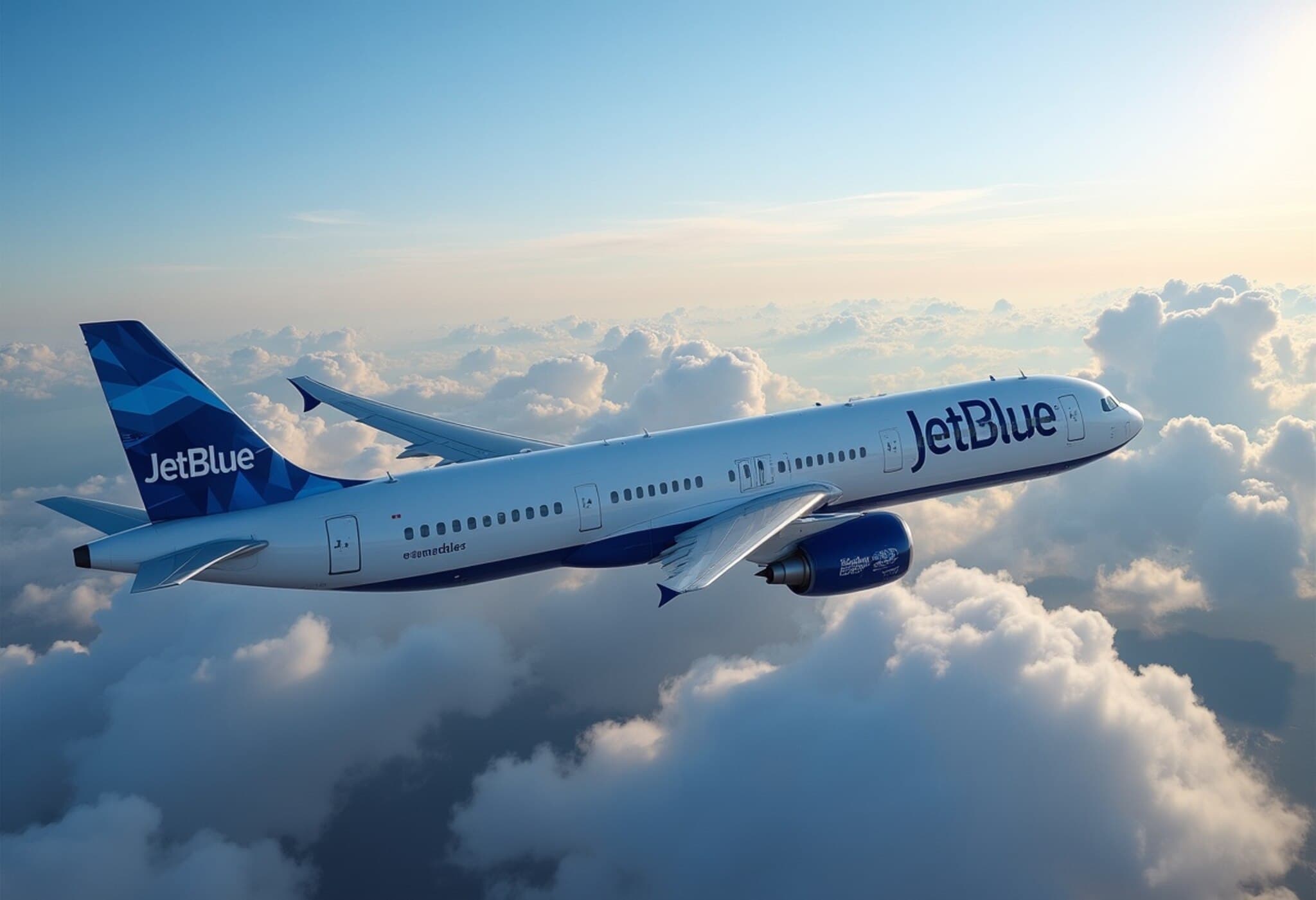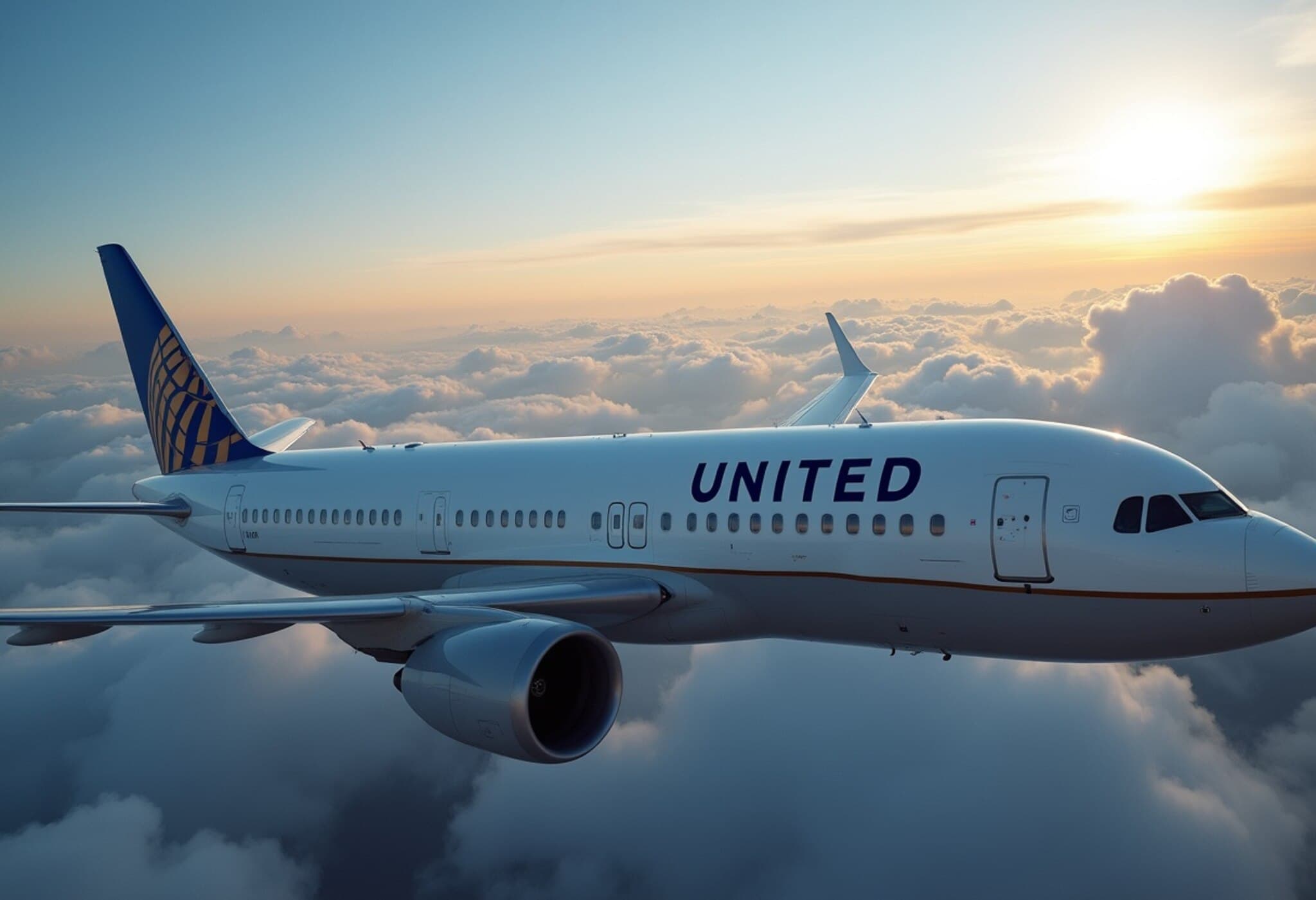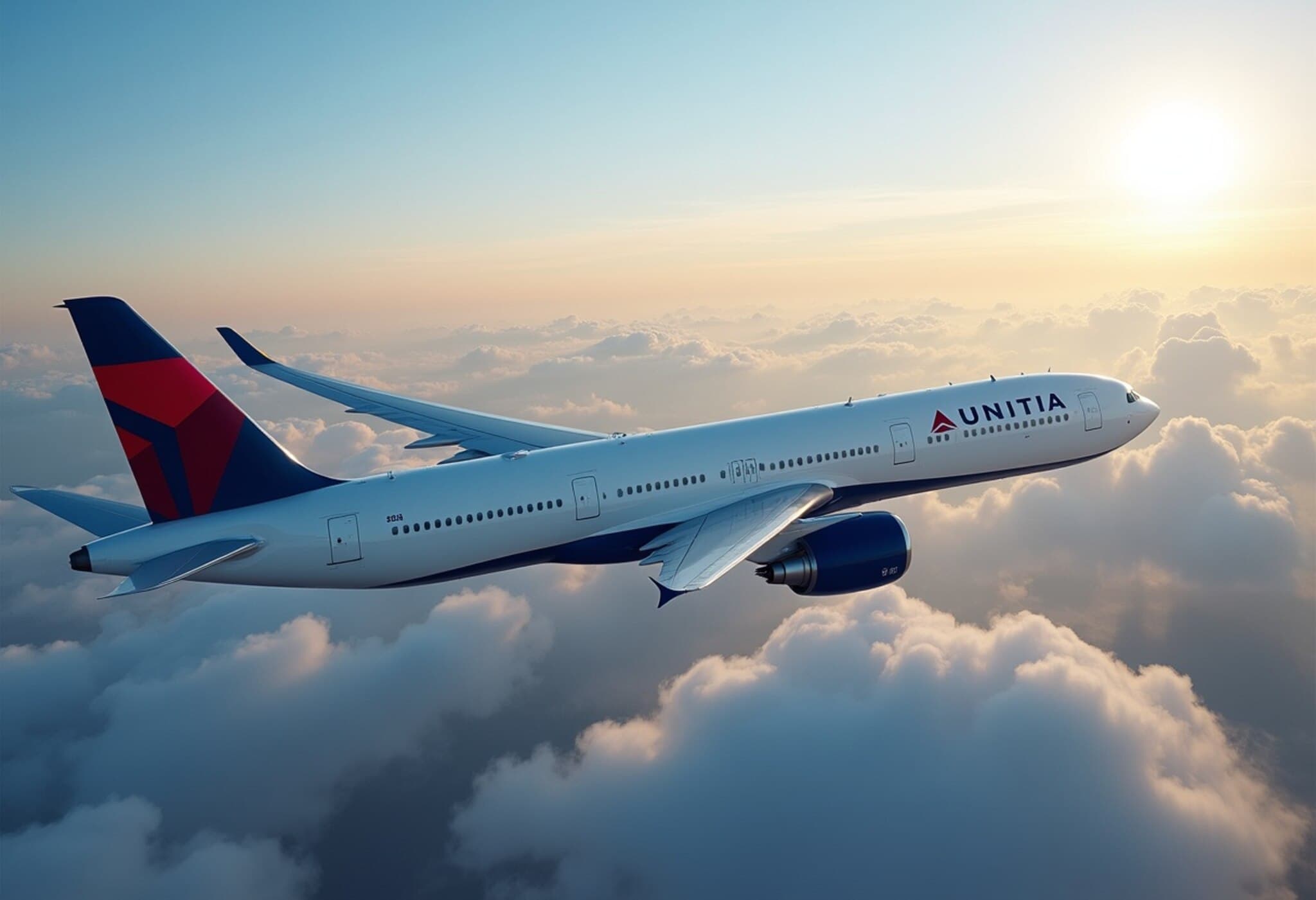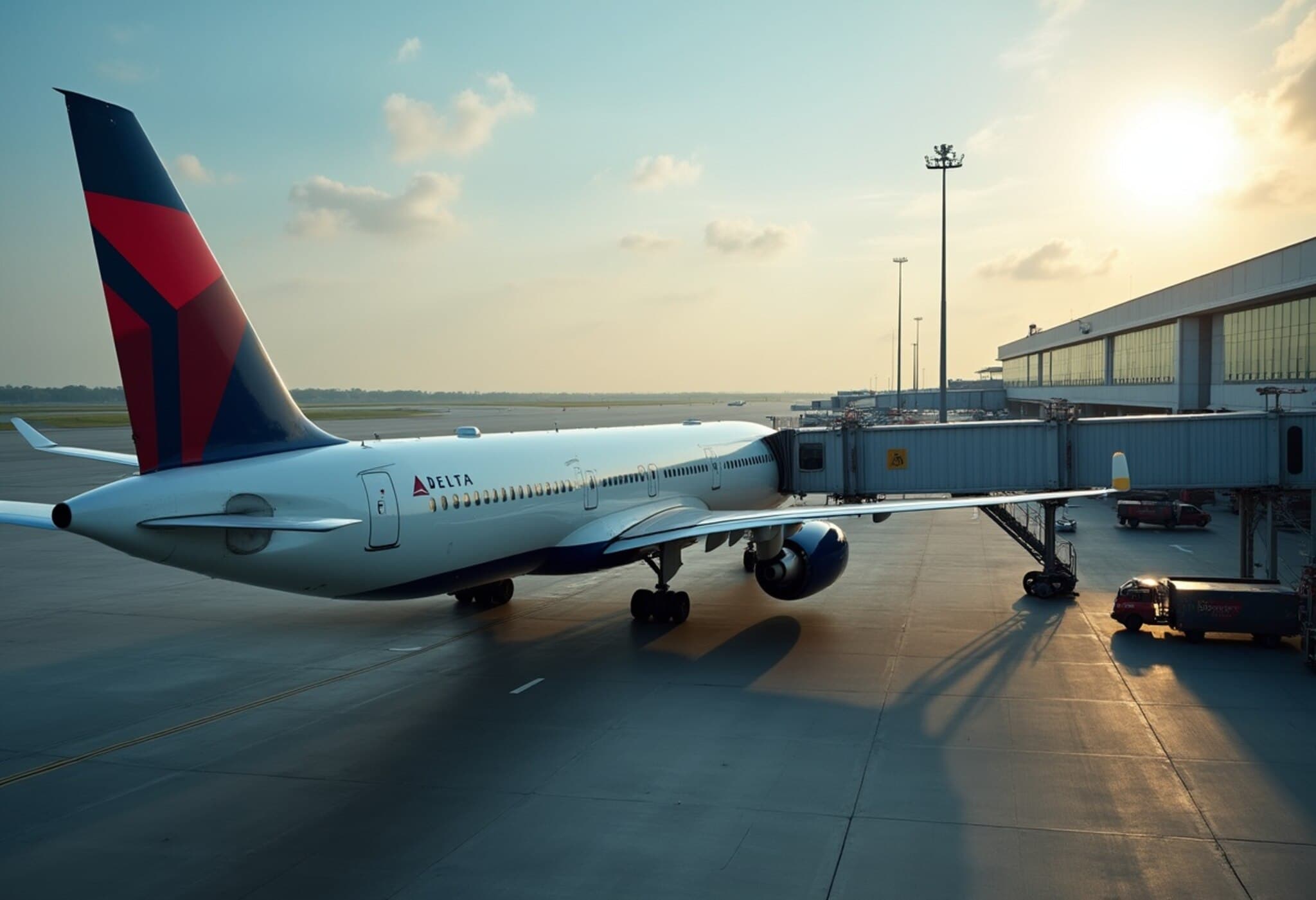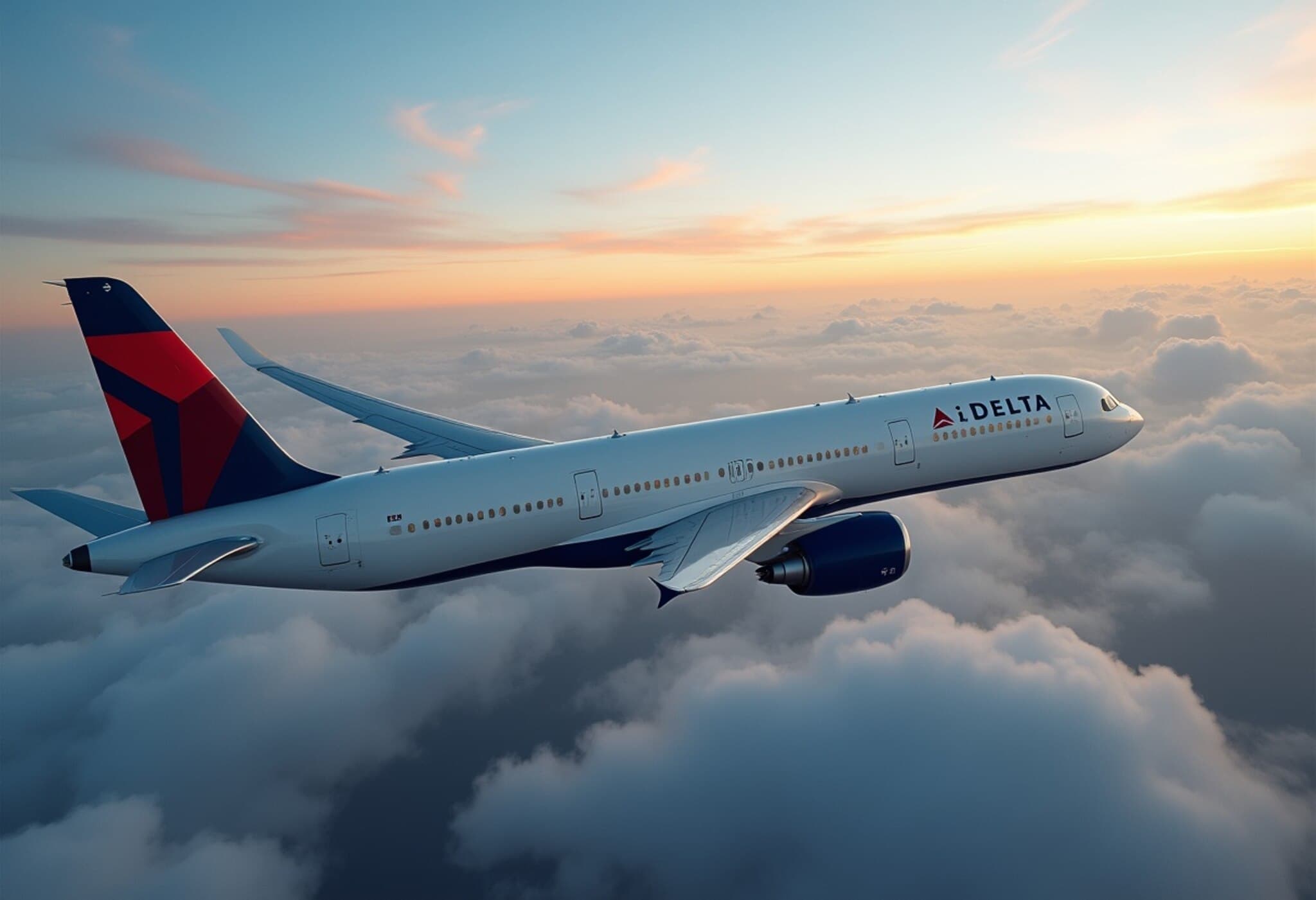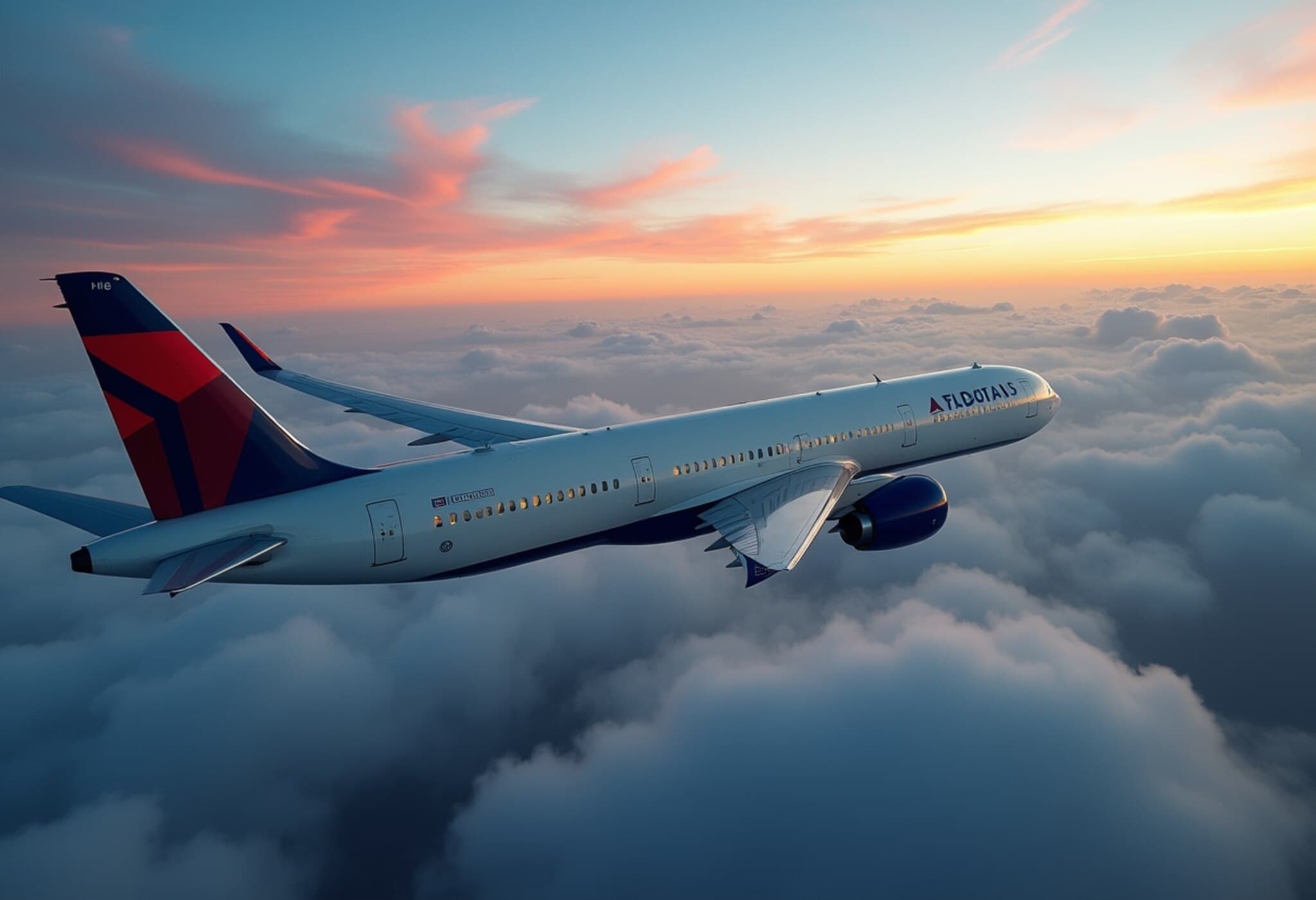US Considers Revoking Delta-Aeromexico Antitrust Immunity Over Growing Competition Concerns
In a bold move underscoring escalating tensions over airline market fairness, the US Department of Transportation (DOT) announced on July 19, 2025, that it may withdraw the antitrust immunity granted to Delta Air Lines and Grupo Aeromexico's joint venture. This comes after years of disputes over Mexico’s handling of flight slots and cargo operations affecting US carriers.
Background: A Strained Bilateral Aviation Relationship
Mexico has long been the most frequented international destination for US travelers, making the health of US-Mexico aviation ties crucial for both economies. However, since 2022, Mexico has taken controversial steps — abruptly rescinding valuable flight slots previously used by US airlines and mandating that all-cargo carriers relocate their operations from Mexico City’s Benito Juarez International Airport (MEX). These actions violated existing bilateral agreements and disrupted market dynamics.
US Transportation Secretary Sean Duffy criticized Mexico's moves as unfulfilled promises, noting, "Mexico was expected to ease congestion at MEX through construction projects that have yet to materialize, instead forcing operational changes that burden American businesses with millions in additional costs."
Policy Measures and Industry Impact
The DOT’s recent directives require Mexican airlines to submit their flight schedules to US regulators and seek prior approval for major charter flights involving US operations. Most notably, the agency has issued a show cause order proposing to end the antitrust immunity that allows Delta and Aeromexico’s pricing partnership to operate without competition concerns.
With immunity revoked, the two airlines would no longer coordinate prices, capacity, or revenue sharing — essential elements that currently give them a competitive edge. Yet, Delta would retain its equity stake in Aeromexico and continue flying to and from Mexico uninterrupted, meaning the partnership would persist but under tighter regulatory scrutiny.
Economic and Competitive Stakes Across Borders
- Market fairness: US regulators allege that Mexico’s restrictions create an uneven playing field, limiting entry for new airlines and tilting competition in favor of incumbents.
- Consumer impact: Less competition inevitably leads to diminished service options and potentially higher fares for travelers frequently crossing the US-Mexico border.
- Trade implications: Restricted cargo operations jeopardize time-sensitive shipments, affecting industries reliant on air freight, from perishables to manufacturing components.
The DOT’s actions highlight a fundamental challenge in international aviation policy: balancing national regulatory interests against the necessity of cooperative, competitive markets that serve consumers and commercial stakeholders alike.
Expert Insights: The Geometry of Aviation Diplomacy
Aviation analyst Dr. Maria Thompson of the American Transportation Institute explains, "Antitrust immunity is a powerful tool that airlines use to collaborate internationally. Revoking it signals serious discord. The US is clearly pressuring Mexico to align with shared market principles or risk jeopardizing a critical trade and travel link." She further noted, "This case reveals the complexities of bi-national aviation governance where economic interests, political will, and infrastructure gaps collide."
Looking Ahead: Questions and Consequences
Will Mexico concede to US demands and restore more equitable access for American carriers? Or might this hardline stance escalate into broader retaliation affecting passenger and cargo aviation flows? Industry watchers are particularly interested in the potential ripple effects on the North American aviation ecosystem, including NAFTA-related trade and tourism.
Delta has yet to publicly comment on the DOT’s proposal, but future regulatory decisions will undoubtedly influence how US airlines engage in international joint ventures and how nations negotiate bilateral aviation agreements in an era of growing geopolitical and economic tensions.
Editor’s Note
The US threat to revoke antitrust immunity in the Delta-Aeromexico partnership underscores deeper fissures in US-Mexico aviation relations. Beyond legal wrangling, this story invites reflection on how infrastructure delays, regulatory unpredictability, and protectionism affect interconnected economies. For travelers, businesses, and policymakers alike, the unfolding developments will be vital to monitor as they mesh with broader questions on fair competition, cross-border cooperation, and the future of international air travel.

